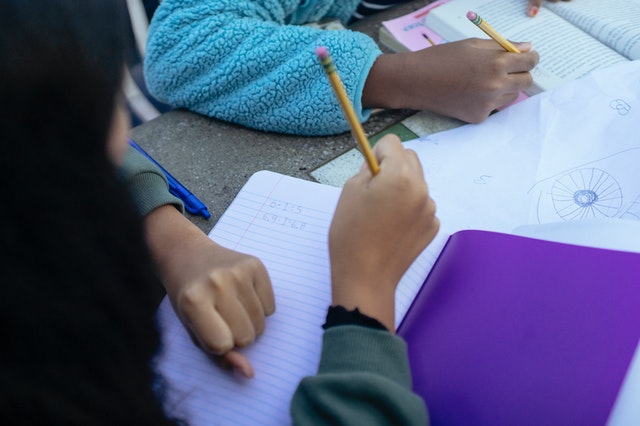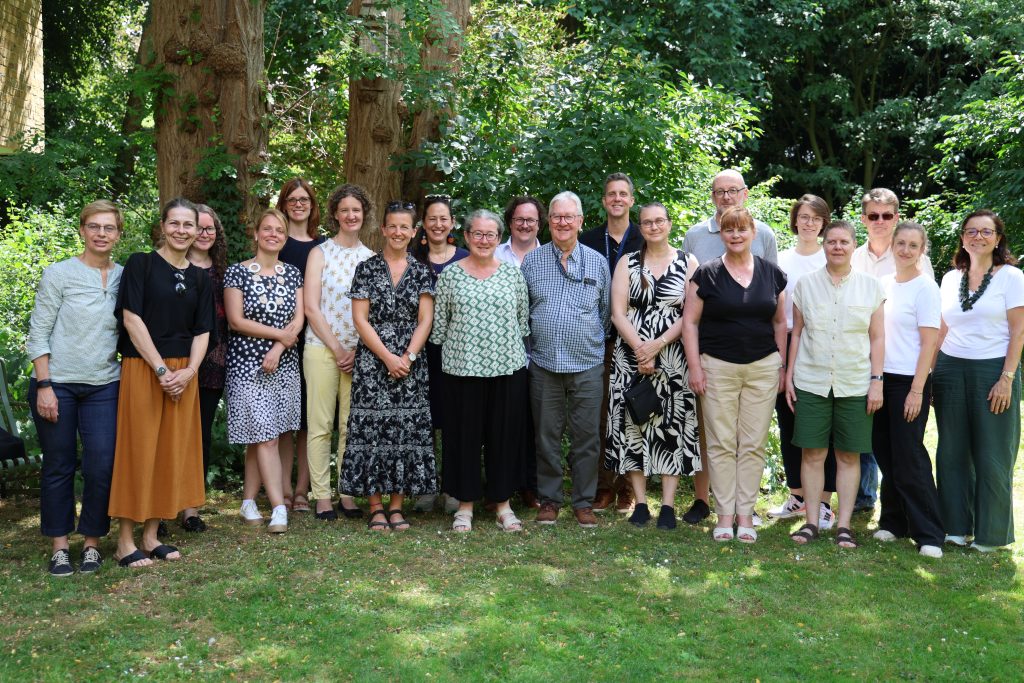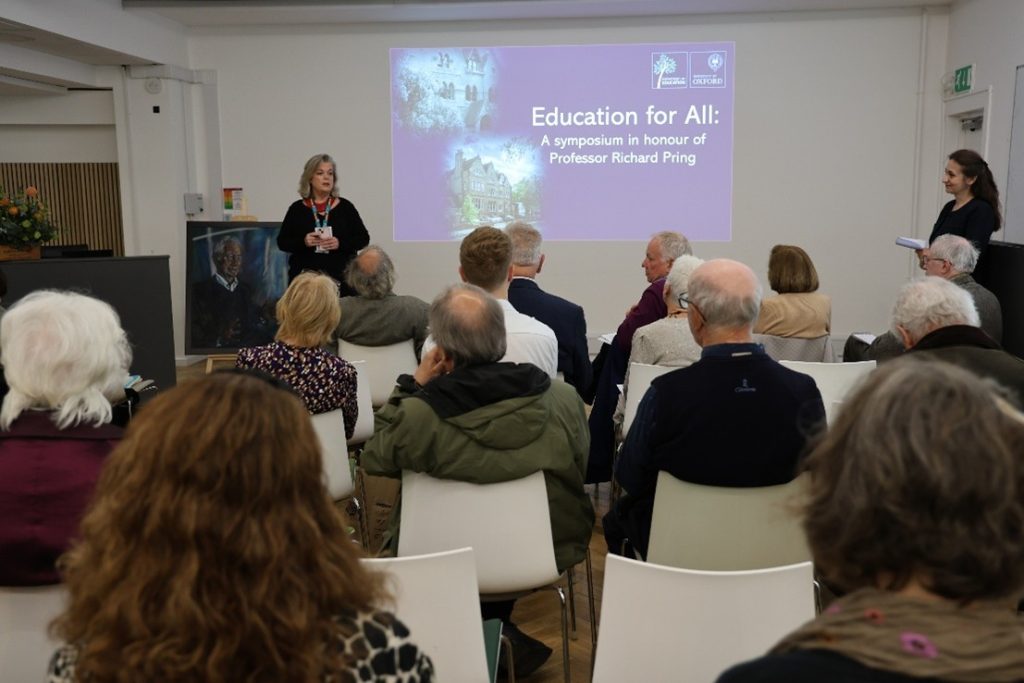Researchers at Oxford University are inviting teachers, parents and students to help set priorities for research into English as an Additional Language (EAL).
The team is looking for ‘unanswered questions’ about EAL that can be investigated for the benefit of those who teach and study it.
The project, known as a priority-setting partnership, will gather suggestions from a broad group of participants before creating a ‘top ten’ of EAL research topics that will be made available to the academic community.
Questions could be related to classroom practice, such as ‘What is the best way to teach the finer points of English grammar to advanced EAL learners?’, or ‘How can I help “new to English” students understand the content of my geography lessons?’
They could be related to parental support of EAL learners at home, such as ‘What are the effects of reading bilingual story books with my child on their literacy development in English?’, or ‘How can I help my child with their homework if I am not confident with my own use of English?’
Or they could be related to what EAL learners can do to support their own learning, such as ‘When I take notes in class does it matter if I use my home language?’, or ‘Are some ways of practising new words that I have learned more effective than other ways?’
Project organiser Dr Hamish Chalmers, of Oxford University’s Department of Education, said: ‘People who do research are not usually the people who use research. It’s important, therefore, that the people who use research tell the people who do research what kinds of questions they think those researchers should try to answer. That way, our research will be as meaningful and impactful as possible. We are working with teachers, parents of EAL learners, and EAL learners themselves to identify the most pressing questions in the field.’
A steering committee consisting of teachers, parents and EAL learners has been formed to oversee the priority-setting partnership (PSP). They have created a survey inviting teachers, parents and students to contribute their questions to the PSP. The team is keen to spread the word about the survey and the PSP so that organisers can hear as many voices as possible.
The survey is open until the end of January 2021, at which point all the questions and comments will be analysed by researchers at Oxford University. They will look carefully at what everybody has said in the survey, create themes from the information gathered, and turn those into a list of questions that could be answer through research.
Dr Chalmers said: ‘Themes that arise during priority setting will be turned into specific research questions for researchers to explore. For example, in the survey people might say things like “I want to know what the best way to teach vocabulary to my EAL learners is”, or “I find it difficult to remember new English words and I am not sure how best to solve this”, or “My son uses an iPhone app to learn English words – does this help him?”
‘All of these thoughts can be combined into a research question like “What approaches to teaching English vocabulary have been shown to be effective?”’
After the research questions have been created, they will be organised into a new ‘ranking survey’ that will ask participants to rank the research questions by importance. Finally, a workshop will be convened to allow participants to explore the ranked list of questions and decide together which of them should be in a ‘top ten’ of unanswered EAL research questions.
The top ten will be published in magazines and journals, publicised at conferences and seminars, and sent to researchers in EAL and to people who fund their research so that new research in EAL can be informed by what matters to EAL research users.
Speaking to teachers, parents and EAL learners, Professor Victoria Murphy, Deputy Director of the Department of Education at Oxford University, said: ‘Please let us know what you think, so we can get a good response to what research is maximally of interest to teachers, parents and EAL students. Public engagement in research in this way helps to ensure that the research we do is meaningful, relevant, and that it meets the stated needs of the people whose practice it is intended to benefit.’
More information on the EAL priority-setting partnership can be found on the project website. The survey can be accessed directly online.
Watch a video explaining the project and how to take part:
The EAL PSP project is funded by BAAL (the British Association of Applied Linguistics) and supported by the University of Oxford’s Department of Education. The Oxford team comprises Dr Hamish Chalmers, Professor Victoria Murphy, and doctoral teaching fellow Faidra Faitiki.











